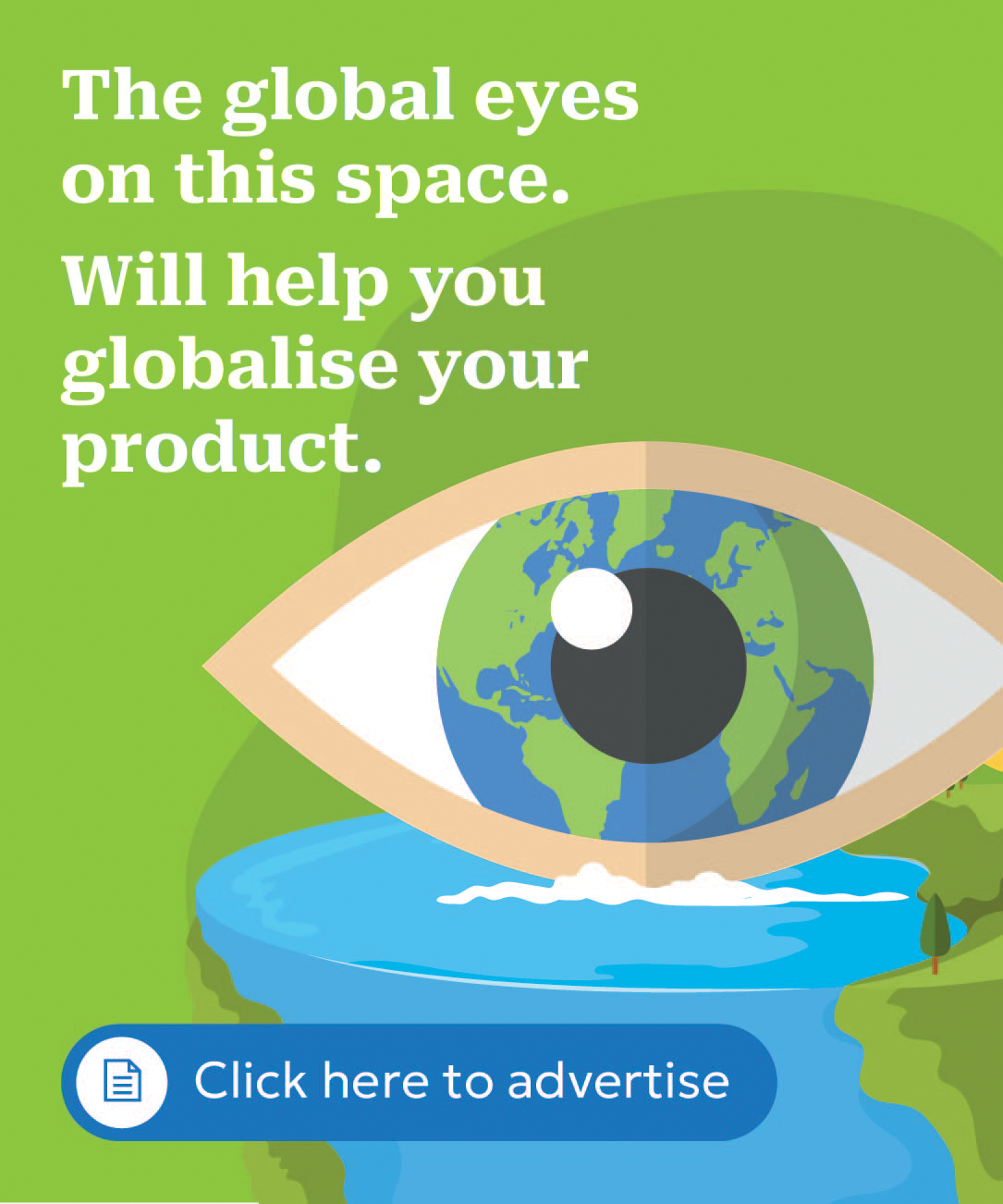Leading major companies have today penned a joint letter to the European Commission asking it to resist re-opening the Corporate Sustainability Due Diligence Directive (CSDDD) legislation for political renegotiation under its ‘omnibus approach’.
There are fears such an approach which is designed to reduce red tape by combining the CSDDD and the Corporate Sustainability Reporting Directive (CSRD) would result in key legislation being re-written.
Joint signatories include companies such as apparel retailer Primark, Unilever, Mars Inc., Nestle, and L’Occtaine among others, who noted that, “Investment and competitiveness are founded on policy certainty and legal predictability. The announcement that the European Commission will bring forward an ‘omnibus’ initiative that could include revisiting existing legislation risks undermining both of these.”
The companies says that the most practical step the European Commission can take to support future competitiveness is to focus on developing the clear and practical guidance needed to support businesses in implementing the CSDDD. This must include publishing and proceeding with the planned consultation.






